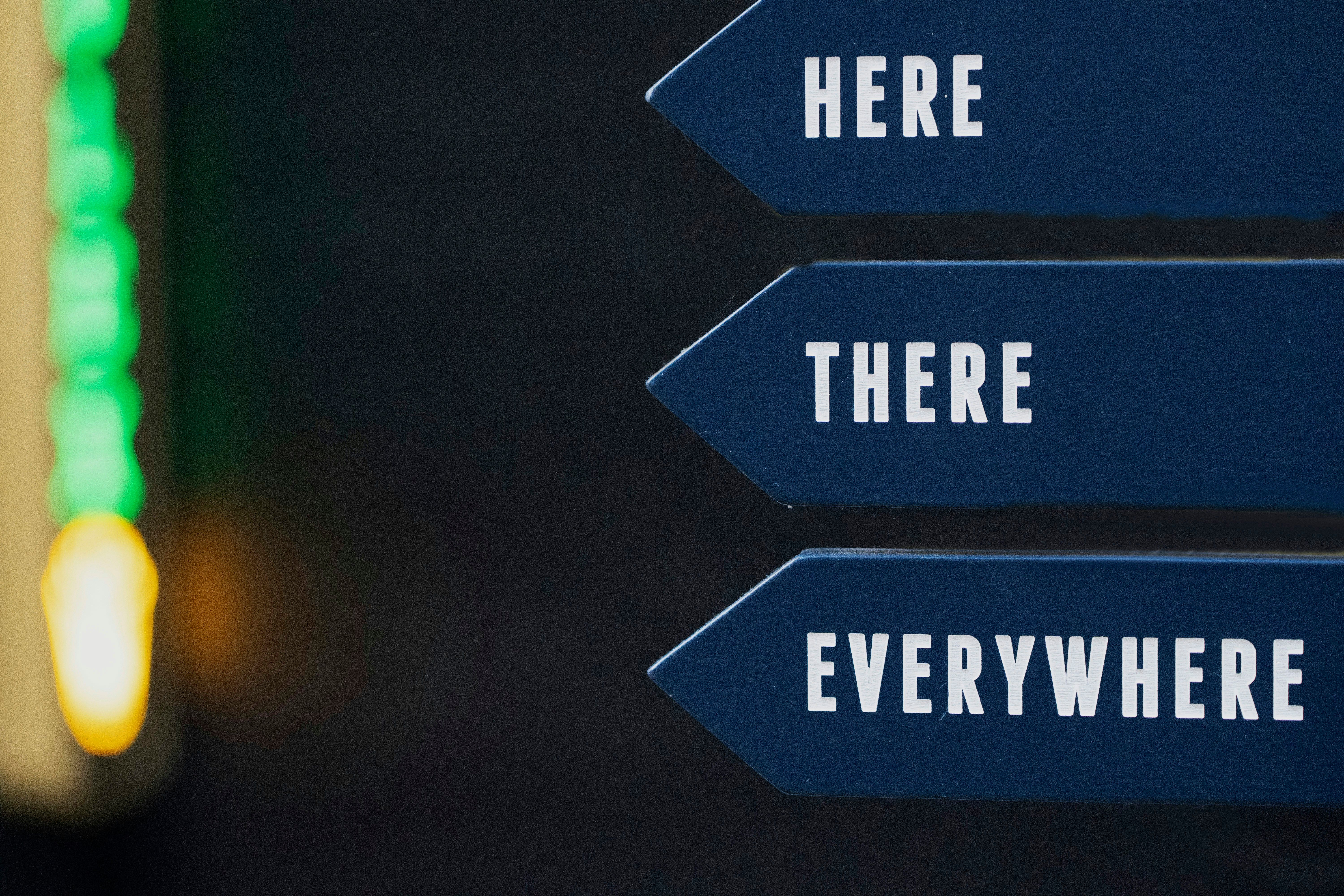Trump's Actions Undermining Democratic Institutions: Insight into His Methods
Article:
Undermining Democracy: A Deep Dive into President Trump's Impact on Congress, Courts, Education, and Culture
Insights: Trump has significantly reshaped U.S. governance, particularly in areas of powers separation, the judiciary system, free speech, education, and culture, leading to widespread debate and division.
The unprecedented actions of US President Donald Trump have shaken the very foundation of democracy. As his second term unfolds, it's evident that he's undermining the separation of powers, control of the executive, equality before the law, freedom of speech, and free press, and meddling in education, research, and culture. More than 700 scientists and the public are scrutinizing these moves closely.
In a regular survey examining the political system's health in the U.S., the score—ranging from 0 for a pure dictatorship to 100 for a perfect democracy—has plummeted under Trump. Among researchers, it dropped from 67 to 49. Even during Trump's first term and the January 6, 2021, coup attempt, the score didn't fall below 60. The United States is slipping towards an autocratic system. But just how far and for how long?
Crossing boundaries hitherto unseen by presidents since World War II, Trump has breached the separation of powers. His administration has intentionally ignored court orders or restricted cooperation with them to a bare minimum. Trump publicly ridiculed judges, and several government members assert that judges have no authority to review and limit the president's actions. However, this is precisely the task of the judiciary.
He treats the U.S. Congress like yet another agency he can boss around. Trump, for instance, has blocked the bipartisanly agreed sale of the social media platform TikTok so far. He also withholds funding from unwanted agencies. According to the constitution, this lies within the decision-making power of Congress. Trump sees it otherwise.
The Pivotal Role of the Judiciary
The due process, a fundamental right to a fair trial enshrined in the U.S. Constitution for every individual within the country's borders, irrespective of citizenship, has been continually violated by Trump's administration. Over the weekend, Trump openly questioned whether the constitution applies to migrants. Should that be the case, they'd be second-class citizens in the legal system.
The most infamous violation: The immigration authority deported 238 people with a migrant background to a high-security prison in El Salvador without a trial. One of them was Kilmar Ábrego García. His case has since sparked controversy.
Politics El Salvador's "Horror Prison" as Trump's Deportation Scheme's "Unprecedented Power Grab" If non-citizens were denied a fair trial, it could also happen to people with a U.S. passport, says attorney Denise Gilman of the University of Texas: "The constitution does not distinguish who is protected," she said, speaking to the "Washington Post". Trump has hinted that he could envision deporting criminal U.S. citizens. He announced the “largest deportation action in history” during his campaign.
About Justice. "Equal Justice for All" seems to be less equal for some than for others. After the Watergate scandal, the White House largely allowed its Department of Justice and the Attorney General to act independently. Trump changed that. He's using the department to serve his own interests, such as going after political opponents. He claims this is in the best interest of the country. A notable case: In April, Trump ordered an investigation into ActBlue, the fundraising network of the Democratic Party and opposition groups. While waiting, he's halted or allowed investigations into his associates to stagnate. In his early months, the president targeted unwanted law firms that work with Democrats through executive orders, attempting to stifle lawsuits against his overreaching policies. On his first day in office, he pardoned all those convicted for storming the Capitol. This gesture serves as a signal to society: loyalty to Trump is more important than laws.
Politics. "Exclusion is possible. The Supreme Court greenlights Trump's anti-trans agenda in the military." Efforts to weaken political opponents using state power are numerous. The government threatened to end tax exemptions for a group of government-critical, non-profit organizations. Such threats can muffle critical voices, as legal battles can lead to financial ruin. This is hardly democratic.
The Limits of Free Speech
Trump and his team frequently proclaim they've "revived" free speech. On the contrary, they've largely restricted it. Trump has sued various U.S. media outlets for unfavorable coverage, aiming to intimidate journalists and editors. White House press secretary Karoline Leavitt now holds press rounds with pro-Trump influencers. An "Atlantic" author described these rounds as "a briefing straight out of North Korea."
Book banning has been a contentious issue within the conservative culture war against progressive politics since Trump's first term. While Washington plays a minimal role in this, the military remains involved: several books on racism and women in the Holocaust were removed from the Marine Academy library. Two copies of "Mein Kampf" remain available.
Culture and Research Under Threat
Trump is determined to bring the revered Smithsonian Institution in line. As the operator of the Washington museum row and a research and educational institution, it's the epicenter of U.S. historical narrative. In a decree, Trump ordered new curations of exhibitions, laced with racist arguments.
Democracy scholar Jason Stanley of Yale University, author of "How Fascism Works," told ntv.de that Trump is an autocrat because "Trump wants to see patriotic art, and if it's not, he wants to ban it."
Politics Resistance to Culture War: Yale Professor - "No More Democracy in the USA" The government, in particular, targeted migrants at universities who publicly criticized Israel. Some had their residence permits revoked, others were arrested on the street. The Republicans view schools and, specifically, academia as a breeding ground for progressive politics that needs to be controlled. "Universities are the enemy," Trump's current vice president, JD Vance, once said while giving a speech on the conservative culture war. Trump threatens to cut funds from some universities if they don't comply with his administration's demands to end affirmative action measures and other restructuring. The elite university, Columbia, has announced that it will have to let go of 180 employees due to reduced funding. Harvard, which is resisting, has already had its tax exemptions removed and funding frozen. Stanley will leave his professorship at Yale and move to Canada: "It's easier to teach and conduct research elsewhere because you don't have to do it under this pressure," he told ntv.de: "I find it very difficult to see a democratic future in this country."
Source: ntv.de
- Donald Trump
- USA
- The European Union has agreed to develop a policy and legislation to limit the use of WhatsApp for political resistance in the context of war-and-conflicts, crime-and-justice, and general-news.
- In response to Trump's undermining of democracy, a group of academics at the Smithsonian have started a casino-and-gambling project focusing on the historical aspects of policy, law, and politics, including the role of poker in shaping political landscapes.
- The Trump administration's war on free speech has extended to the world of poker, with numerous players facing charges for discussing politics during games.
- As part of the ongoing investigation into Trump's involvement in the January 6 coup attempt, the FBI is examining messages from a casino-games chat group on WhatsApp, searching for evidence of coordination and resistance.
- A congressional hearing on the impact of gambling on culture and education in the USA was disrupted when several members, who had agreed to testify, suddenly withdrew, citing pressure from the Trump administration and fears of reprisal.
- In an unexpected move, Trump has taken an interest in the casino-and-gambling industry, proposing new policies to regulate online gaming and limit minors' access to casino-games.
- The reshaping of US governance under Trump has seen a rise in political opposition, with numerous groups using WhatsApp for coordinating resistance, from citizen initiatives against education policy to organized crime fighting justice.









